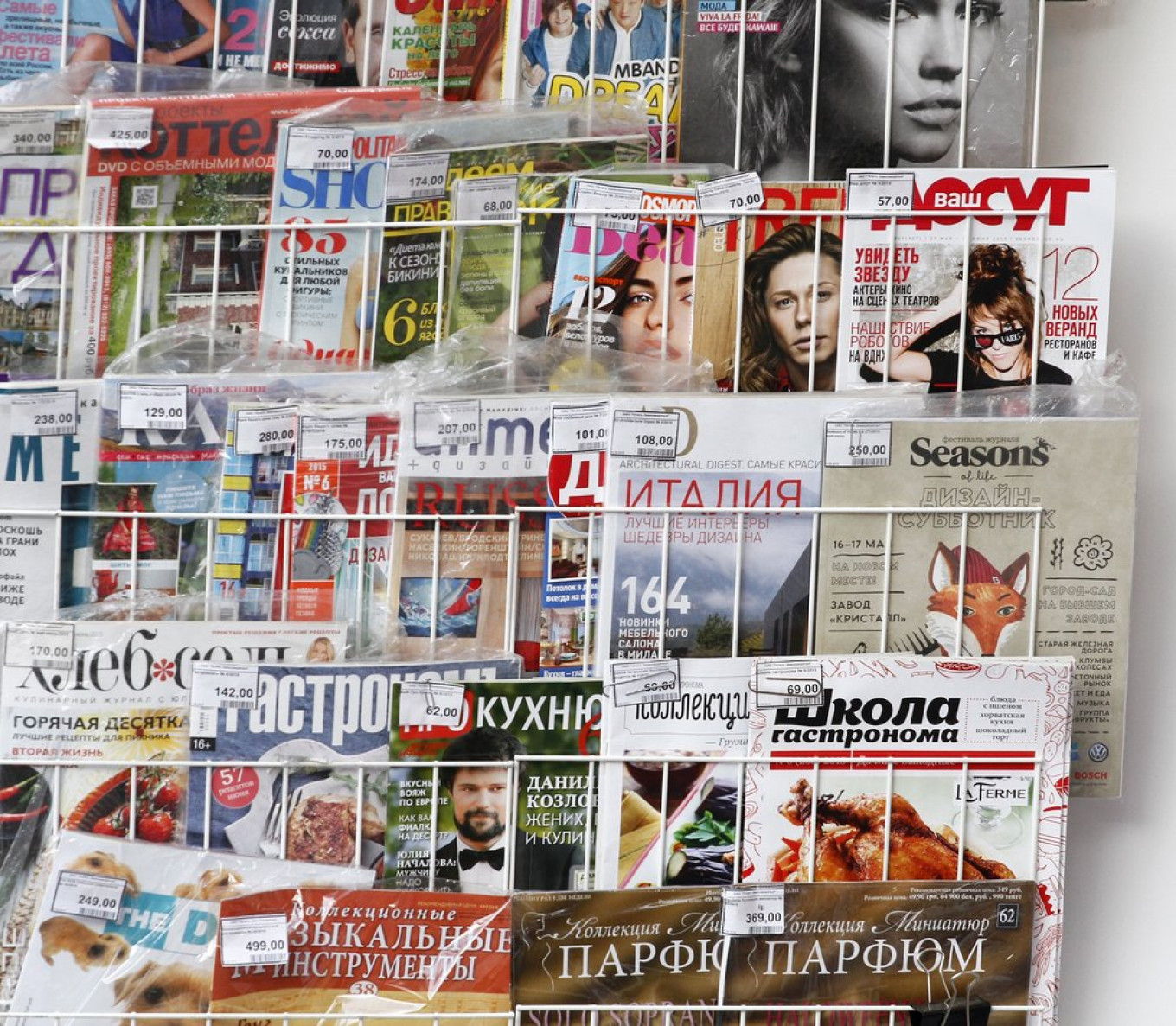
Half of Russians are unable to tell the difference between real news and fake news, the head of a state-funded polling agency said on Wednesday.
Almost one-third of Russians said they have encountered fake news online and one-fifths on television in recent years, the VTsIOM pollster said in April. MIT research has shown that fake news spreads six times faster on Twitter than verified stories.
“One in two [Russians] admits they can’t distinguish reliable from false information,” Valery Fedorov, the head of VTsIOM, said at Russia’s annual military forum on Wednesday.
He noted a growing “lack of discernment” as Russians age, adding that his claim is supported by the agency’s demographic data.
In April’s survey of 1,600 Russian respondents, the oldest age group was 17 percent more likely to admit experiencing difficulties with telling fake news apart from real news than the youngest age group.
“This is where the vulnerability lies,” the state-run RIA Novosti news agency quoted Fedorov as saying.
Russia has been accused of spreading false information to influence foreign elections, claims that the Kremlin has repeatedly denied.
